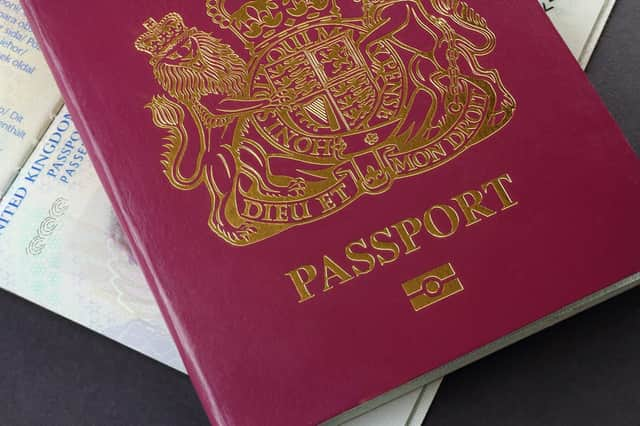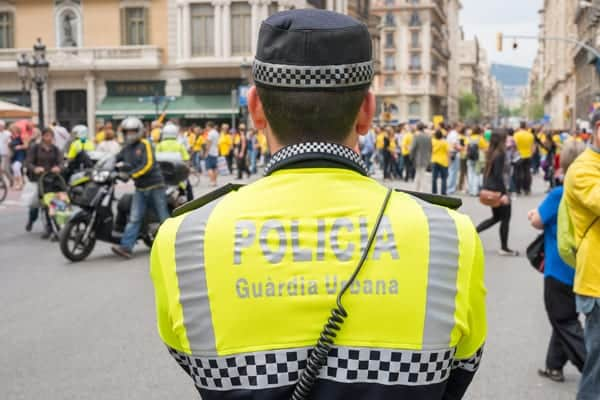UK travellers in Spain could face arrest if they don’t carry their passports - here’s why


Tourists travelling from the UK to Spain could face being arrested by police if they fail to carry their passports while in the country, the Foreign Office has warned.
The Foreign Office has updated its travel advice ahead of the Champions League, warning football fans travelling across the Channel for the Atletico Madrid vs Liverpool FC match on 18 February 2020.
A legal requirement


Advertisement
Hide AdAdvertisement
Hide AdUK travellers are now legally required to present their ID if requested by a police officer. However, a driver’s licence will not be accepted. Only the original passport, or a clear photocopy, will be suitable.
Police have the right to accompany foreigners back to their accommodation and request to see the original document, if they deem it necessary.
Spanish police routinely conduct passport sweeps of public events to locate criminals, or people living in the country illegally.
If you are travelling to Spain for the Atletico Madrid vs Liverpool FC match, this is what the Foreign Office advises:
Advertisement
Hide AdAdvertisement
Hide AdYou must provide ID (your passport) if requested by a police officer. The police have the right to hold you at a police station until your identity is confirmed
Always take care of your passport, as obtaining a replacement is costly and time-consuming.
Remember to keep a photocopy or scanned copy of your passport somewhere safe
If you lose your passport, you’ll need to apply for an Emergency Travel Document online.
Advertisement
Hide AdAdvertisement
Hide AdUK travellers are now legally required to present their ID if requested by police in Spain (Photo: Shutterstock)
Right to be held by police
If British tourists refuse to cooperate with police when asked to show a form of identification, the police have a right to detain them.
“The police have the right to hold you at a police station until your identity is confirmed,” the Foreign Office warns.
“Always take care of your passport, as obtaining a replacement is costly and time-consuming. Remember to keep a photocopy, or scanned copy, of your passport somewhere safe.”
Advertisement
Hide AdAdvertisement
Hide AdTourists have also been reminded to keep a watchful eye on their possessions at airports, train stations and on public transport, to avoid having their bags snatched by pickpockets.
It is advised that tourists keep a copy of their passport in a safe place and never hand over a wallet if requested by someone claiming to be a police officer.
The Foreign Office issued the following warning for tourists ahead of the football match at Wanda Metropolitano Stadium in Madrid on 18 February:
As in any other city beware of pickpockets and bag snatchers at airports, railway stations, around the town centre and when using public transport such as the metro. Only carry what you need and leave spare cash and valuables in hotel safety deposits
Advertisement
Hide AdAdvertisement
Hide AdPetty criminals often operate in areas where there are large crowds, so be vigilant and keep your valuables secured
In Madrid, drinking alcohol in the street and on the metro is illegal and you can be fined or arrested for doing so. Letting off flares around the city (including the meeting point) is illegal. The Spanish police have the right to intervene and confiscate flares and can deny access to the match if any of these laws are violated. For your own safety and that of others, follow instructions from the police at all times
Police officers have the right to stop people from taking photos or filming if they consider that their personal security or that of a police operation or secured area could be compromised as a result. Doing so can be met with severe penalties